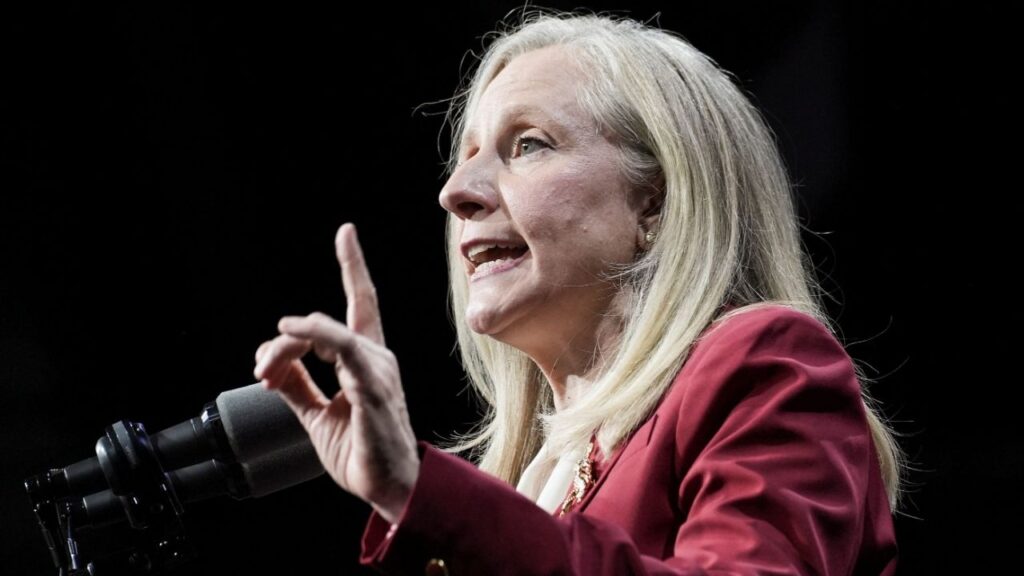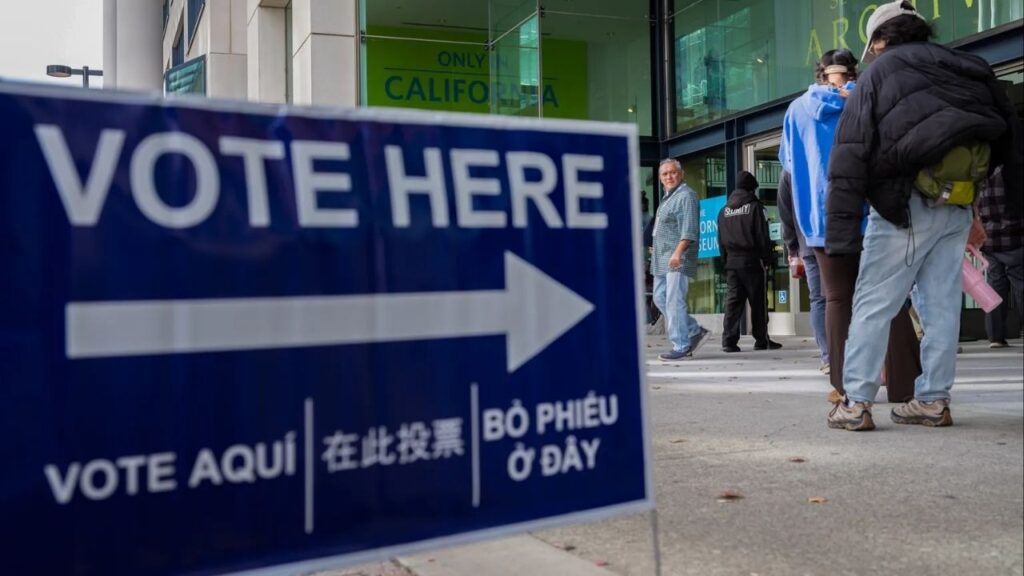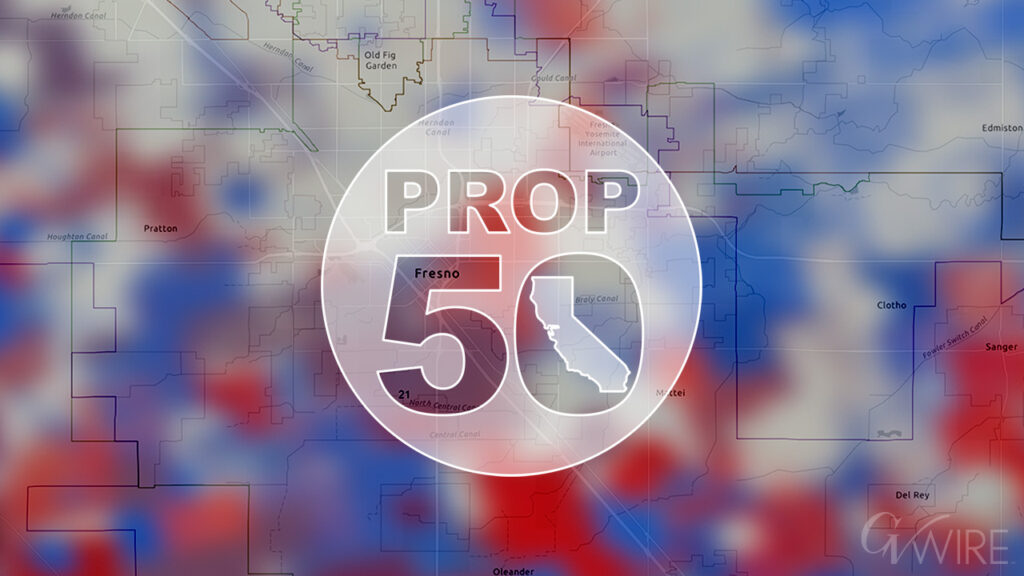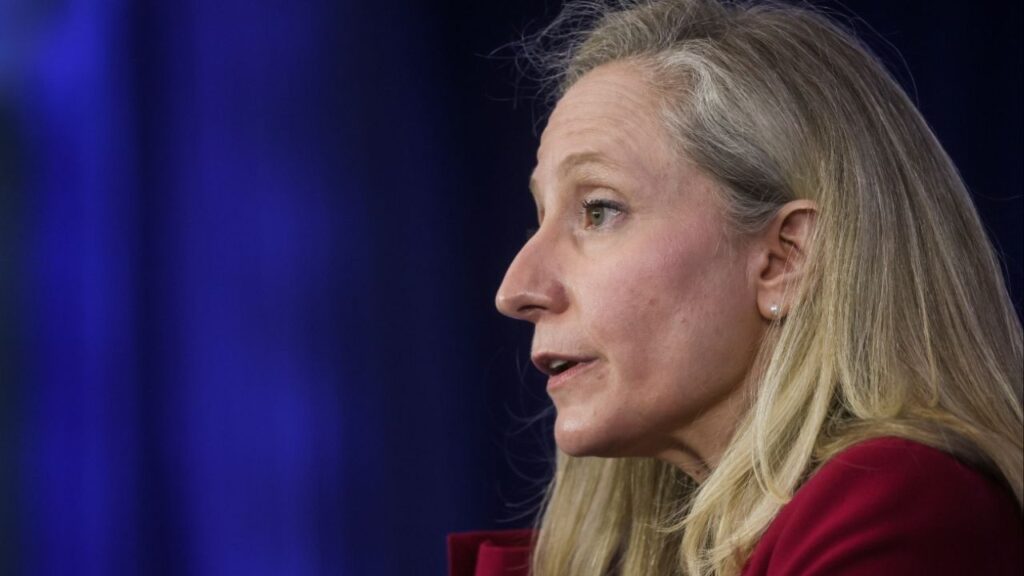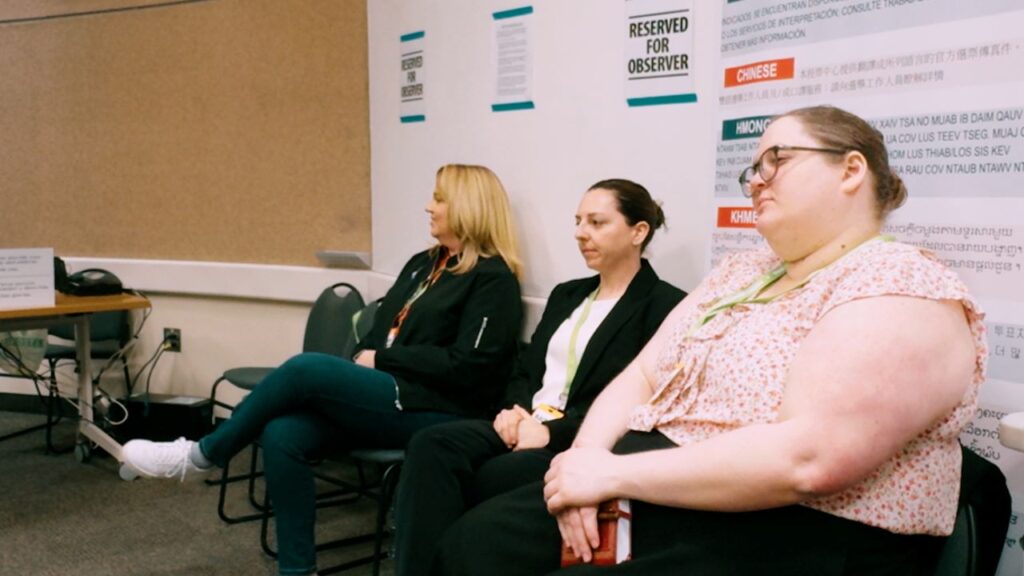Covered California's website sent sensitive user health data, like pregnancy status and medical conditions, to LinkedIn via tracking tools. (CalMatters/Gabriel Hongsdusit)

- Covered California's website used LinkedIn trackers to collect sensitive health data from users filling out forms.
- Information shared included pregnancy status, blindness, domestic abuse victim status, and medical history details.
- The state agency removed the trackers after being contacted by reporters and initiated a privacy protocol review.
Share
This story was originally published by CalMatters. Sign up for their newsletters.
The website that lets Californians shop for health insurance under the Affordable Care Act, coveredca.com, has been sending sensitive data to LinkedIn, forensic testing by CalMatters has revealed.

By Tomas Apodaca
CalMatters

By Colin Lecher
CalMatters
As visitors filled out forms on the website, trackers on the same pages told LinkedIn their answers to questions about whether they were blind, pregnant, or used a high number of prescription medications. The trackers also monitored whether the visitors said they were transgender or possible victims of domestic abuse. (See the data on our Github repo.)
Covered California, the organization that operates the website, removed the trackers as CalMatters and The Markup reported this article. The organization said they were removed “due to a marketing agency transition” in early April.
In a statement, Kelly Donohue, a spokesperson for the agency, confirmed that data was sent to LinkedIn as part of an advertising campaign. Since being informed of the tracking, “all active advertising-related tags across our website have been turned off out of an abundance of caution,” she added.
“Covered California has initiated a review of our websites and information security and privacy protocols to ensure that no analytics tools are impermissibly sharing sensitive consumer information,” Donohue said, adding that they would “share additional findings as they become available, taking any necessary steps to safeguard the security and privacy of consumer data.”
Visitors who filled out health information on the site may have had their data tracked for more than a year, according to Donohue, who said the LinkedIn campaign began in February 2024.
CalMatters observed the trackers directly in February and March of this year. It confirmed most ad trackers, including the Meta “pixel” tracker, as well as all third-party cookies, have been removed from the site as of April 21.
Since 2014, more than 50 million Americans have signed up for health insurance through state exchanges like Covered California. They were set up under the Affordable Care Act, signed into law by President Barack Obama 15 years ago. States can either operate their exchange websites in partnership with the federal government or independently, as California does.
Covered California operates as an independent entity within the state government. Its board is appointed by the governor and Legislature.
In March, Covered California announced that, after four years of increasing enrollment, a record of nearly 2 million people were covered by health insurance through the program. In all, the organization said, about one in six Californians were at one point enrolled through Covered California. Between 2014 and 2023, the uninsured rate fell from 17.2% to 6.4%, according to the organization, the largest drop of any state during that time period. This coincided with a series of eligibility expansions to Medi-Cal, the state’s health insurance program for lower-income households.
Experts expressed alarm at the idea that those millions of people could have had sensitive health data sent to a private company without their knowledge or consent. Sara Geoghegan, senior counsel at the Electronic Privacy Information Center, said it was “concerning and invasive” for a health insurance website to be sending data that was “wholly irrelevant” to the uses of a for-profit company like LinkedIn.
“It’s unfortunate,” she said, “because people don’t expect that their health information will be collected and used in this way.”
The LinkedIn Insight Tag
CalMatters and The Markup in recent months scanned for trackers on hundreds of California state and county government websites that offer services for undocumented immigrants using Blacklight, an automated tool developed by The Markup for auditing website trackers.
“People don’t expect that their health information will be collected and used in this way.”
Sara Geoghegan, senior counsel at the Electronic Privacy Information Center
CalMatters found that Covered California had more than 60 trackers on its site. Out of more than 200 of the government sites, the average number of trackers on the sites was three. Covered California had dozens more than any other website we examined.
On coveredca.com, trackers from well-known social media firms like Meta collected information on visitor page views, while lesser-known analytics and media campaign companies like email marketing company LiveIntent also followed users across the site.
But by far the most sensitive information was transmitted to LinkedIn.
While some of the data sent to LinkedIn was relatively innocuous, such as what pages were visited, Covered California also sent the company detailed information when visitors selected doctors to see if they were covered by a plan, including their specialization. The site also told LinkedIn if someone searched for a specific hospital.
In addition to demographic information including gender, the site also shared details with LinkedIn when visitors selected their ethnicity and marital status, and when they told coveredca.com how often they saw doctors for surgery or outpatient treatment.
LinkedIn, like other large social media firms, offers a way for websites to easily transmit data on their visitors through a tracking tool that the sites can place on their pages. In LinkedIn’s case, this tool is called the Insight Tag. By using the tag, businesses and other organizations can later target advertisements on LinkedIn to consumers that have already shown interest in their products or services. For an e-commerce site, a tracker on a page might be able to note when someone added a product to their cart, and the business can then send ads for that product to the same person on their social media feeds.
A health care marketplace like Covered California might use the trackers to reach a group of people who might be interested in a reminder of a deadline for open health insurance enrollment, for example.
In its statement, Covered California noted the usefulness of these tools, saying the organization “leverages LinkedIn’s advertising platform tools to understand consumer behavior and deliver tailored messages to help them make informed decisions about their health care options.”
Trackers can also be valuable to the social media companies that offer them. In addition to driving ad sales, they provide an opportunity to gather information on visitors to websites other than their own.
On its informational page about the Insight Tag, LinkedIn places the burden on websites that employ the tag not to use it in risky situations. The tag “should not be installed on web pages that collect or contain Sensitive Data,” the page advises, including “pages offering specific health-related or financial services or products to consumers.”
LinkedIn spokesperson Brionna Ruff said in an emailed statement, “Our Ads Agreement and documentation expressly prohibit customers from installing the Insight Tag on web pages that collect or contain sensitive data, including pages offering health-related services.. We don’t allow advertisers to target ads based on sensitive data or categories.”
Legal Recourse
Collection of sensitive information by social media trackers has in previous instances led to removal of the trackers, lawsuits, and scrutiny by state and federal lawmakers.
For example, after The Markup in 2022 revealed the Department of Education sent personal information to Facebook when students applied for college financial aid online, the department turned off the sharing, faced questions from two members of Congress, and was sued by two advocacy groups who sought more information about the sharing. Other stories in the same series about trackers, known as the Pixel Hunt, also led to changes and blowback, including a crackdown by the Federal Trade Commission on telehealth companies transmitting personal information to companies including Meta and Google without user consent and proposed class action lawsuits over information shared through trackers with drug stores, health providers, and tax prep companies.
LinkedIn is already facing multiple proposed class-action lawsuits related to the collection of medical information. In October, three new lawsuits in California courts alleged that LinkedIn violated users’ privacy by collecting information on medical appointment sites, including for a fertility clinic.
Social media companies’ tracking practices have underpinned the tremendous growth of the tech industry, but few web users are aware of how far the tracking goes. “This absolutely contradicts the expectation of the average consumer,” Geoghegan said.
In California, a law called the California Confidentiality of Medical Information Act governs the privacy of medical information in the state. Under the act, consumers must give permission to some organizations before their medical information is disclosed to third parties. Companies have faced litigation under the law for using web tracking technologies, although those suits have not always been successful.
Geoghegan said current protections like these don’t go far enough in helping consumers protect their sensitive data.
“This is an exact example of why we need better protections,” she said of LinkedIn receiving the data. “This is sensitive health information that consumers expect to be protected and a lack of regulations is failing us.”
This article was originally published on CalMatters and was republished under the Creative Commons Attribution-NonCommercial-NoDerivatives license.
RELATED TOPICS:
Categories
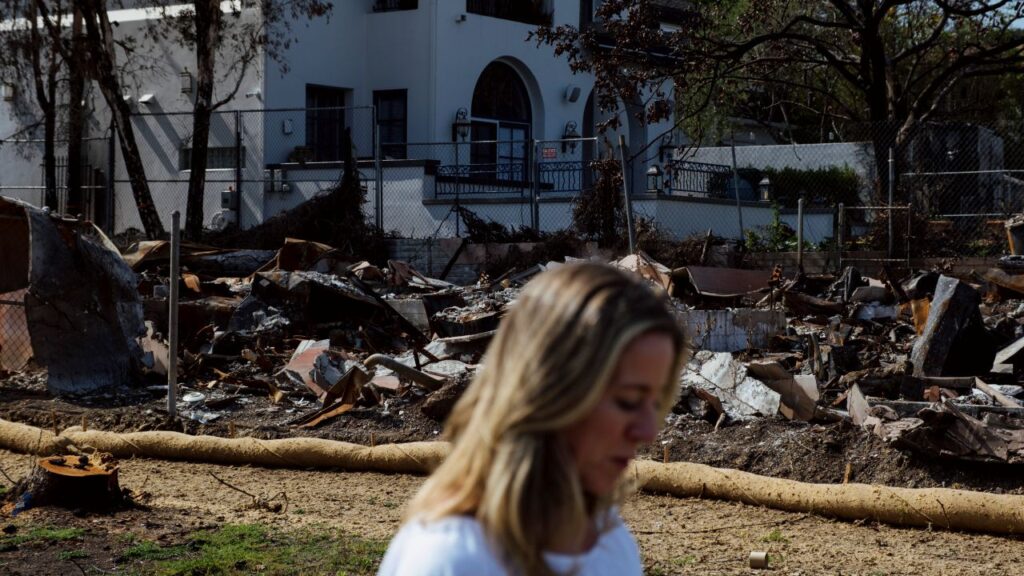
California Promised Insurance Relief But Delivered Loopholes
